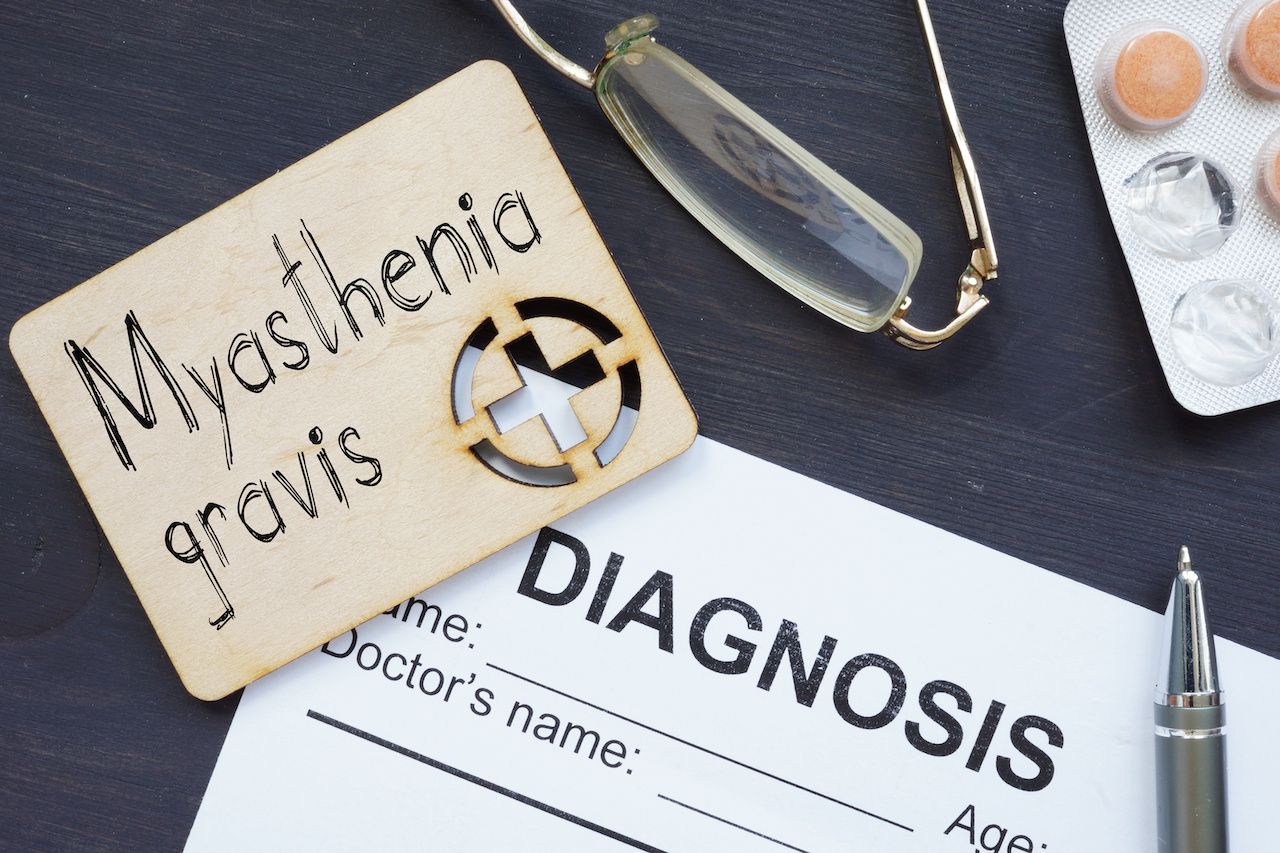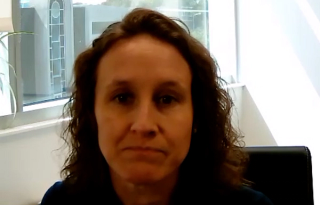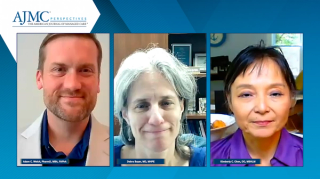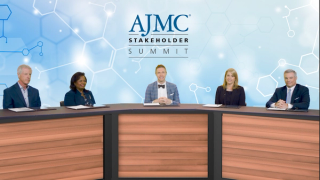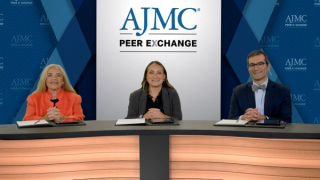
Clinical
Latest News
Latest Videos

More News

The majority of CAR T-cell therapy recipients developed a humoral immune response to vaccination against SARS-CoV-2 in a recent study, with a more robust vaccine schedule linked to higher antibody titers.

The Skin Pain Numeric Rating Scale, Worst-Itch Numeric Rating Scale, and Dermatology Life Quality Index were evaluated for their content validity, fit-for-purpose, and psychometric and measurement properties among patients with the chronic skin disease being treated with dupilumab.
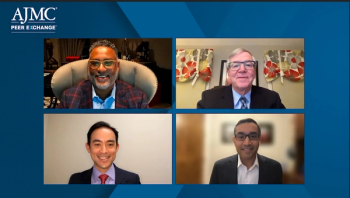
Veeral Sheth, MD, MBA, FACS, Joseph Coney, MD, FASRS, FACS, and Caesar Luo, MD, FASRS, FACS discuss their experience with utilization management strategies.

Caesar Luo, MD, FASRS, FACS discusses the biggest barriers for patients with wet AMD and DME to receiving optimal treatment and his strategies to overcome these barriers.
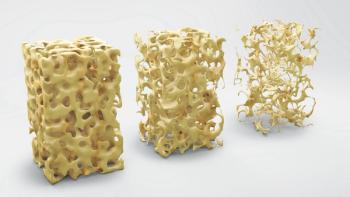
Prior to this study, explained researchers, data on the long-term course of osteoporosis, as evaluated through bone mineral density (BMD) in these patients, have been lacking.

There may be discrepancies in the types of information patients want and the information they receive when multiple myeloma treatment decisions are made, a recent study found.

Key opinion leaders highlight barriers to MDR HIV treatment adherence.

The panel discusses considerations for payers as well as patient adherence to treatment in MDR HIV.

Optimizing utilization of sacubitril/valsartan for treatment of heart failure could improve provider performance in the Bundled Payments for Care Improvement initiative and the Medicare Shared Savings Program.
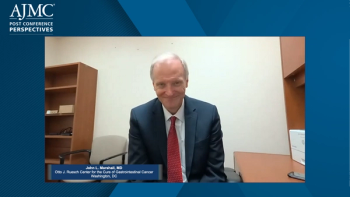
John L. Marshall, MD, provides insight into the SUNLIGHT study findings presented during the 2023 ASCO Gastrointestinal Cancers Symposium.
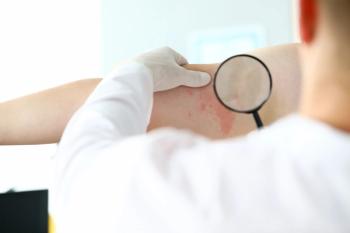
The 2023 American Academy of Dermatology Annual Meeting, held in New Orleans, Louisiana, from March 17-21, 2023, will feature research and presentations exploring the mechanisms, presentation, and treatment of dermatological disorders.
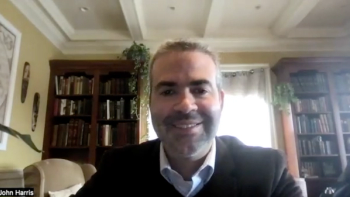
There is a lot to talk about in the vitiligo space at this year’s annual meeting of the American Academy of Dermatology (AAD), said John Harris, MD, PhD, FAAD, director of the Vitiligo Clinic and Research Center at UMass Chan Medical School.
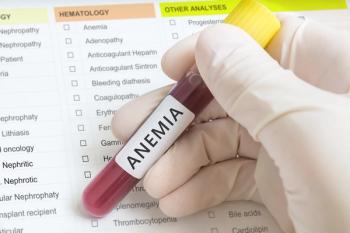
Investigators said several new anemia therapies are in development, and many of them may help wide swaths of patients.

Patients who had ruxolitinib added to their prophylactic regimens had lower rates of acute and chronic graft-versus-host disease (GVHD).

In their final thoughts, Drs Brinton, Baum and Michos provide insights on the trajectory of treatment in HoFH.
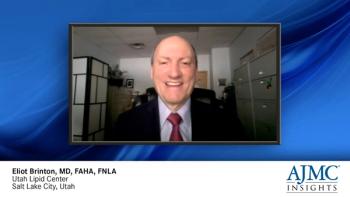
Medical experts discuss the unmet needs surrounding homozygous FH.
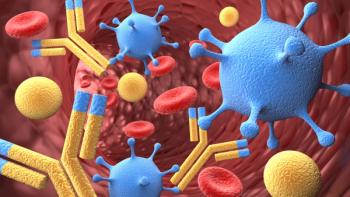
Study: MuSK-Specific Antibodies Do Not Explain Variation in Serum IgG4 Levels in People With MuSK MG
People with muscle-specific kinase myasthenia gravis appear to have more active antibody responses in general, the study found.

Using a clustering algorithm, researchers were able to identify inflammatory and noninflammatory subsets of the disease, which may account for varying responses to certain treatments.

The researchers noted that their study is the first to assess the ability of noninvasive variables, both resting- and exercise-based, to identify pulmonary hypertension in interstitial lung disease.

A group of researchers detailed a case of acquired hemophilia A (AHA) following infection and again following vaccination, and provided additional insights through their systematic review of available data.

A new report found only about 2.8% of people with myelodysplastic syndromes (MDS) have JAK2 mutations.
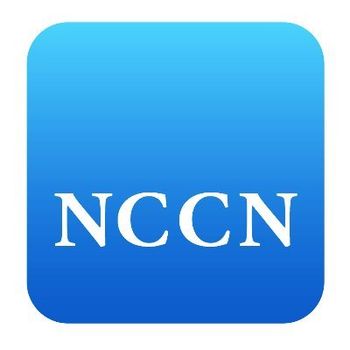
The findings, published in the Journal of the National Comprehensive Cancer Network, add to the evidence that the shift to precision medicine is built on data that have not included sufficient numbers of patients of color.

A study of Navy sailors and Marines from the United States found that only 7.7% of participants had neutralizing antibodies for the Omicron variant 8 months after vaccination.

In the first keynote session at the ACCC 2023 Annual Meeting and Cancer Center Business Summit, the history of CRISPR genome editing and its potential in cancer and other settings took center stage.

A panel of medical experts discuss diagnostic imaging surrounding DME and wet AMD.




